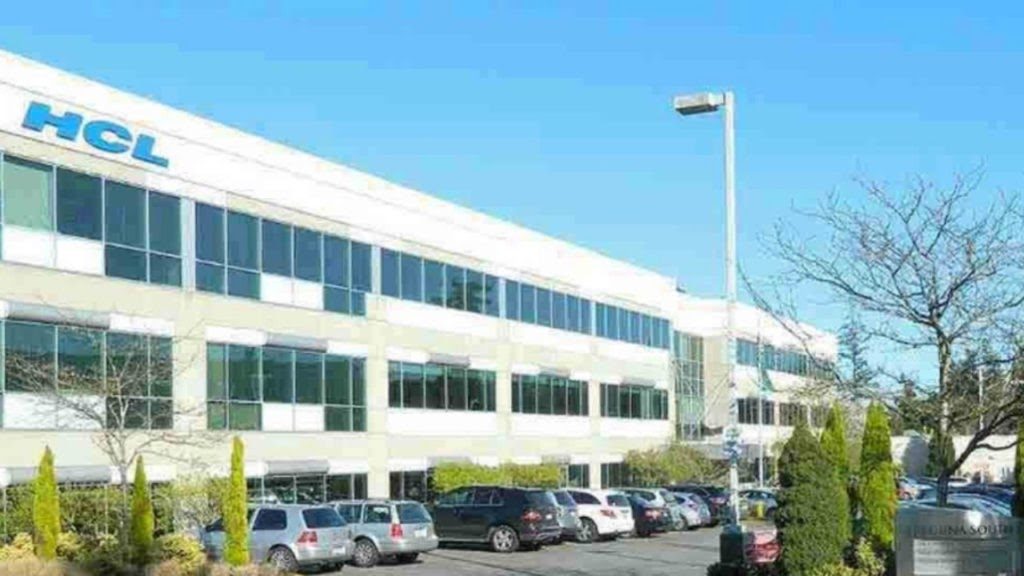A senior company executive from the Indian IT giant, HCLTech said that the new regime in the US is unlikely to affect the business of HCLTech as it is very less dependent on H1B visas.

Having Less Dependency On H1B Visas
Further explaining, the Chief People Officer, HCLTech, Ramachandran Sundararajan said, “About 80 per cent of our people in the US are all locals, so our dependence on the H1B is one of the least in the industry. And it is not just now if I look back over the last 4 odd years, we have been pretty locally self-sufficient. And that reflects in the number of H1Bs that we go through every year. It ranges between 500-1,000 in a year max…so it is minimal dependence.”
Earlier, HCLTech reported a 5.54 percent rise in consolidated net profit to Rs 4,591 crore for the December quarter on Monday.
When it comes to the H1B visa programme, it allows US companies to temporarily employ foreign workers in speciality occupations.
So far, Indian companies specially in the IT sector have been the significant beneficiaries of this programme.
A Significant Implication On H-1B Visa Programme
On the other hand, Donald Trump’s return to the presidency is expected to have significant implications for the H-1B visa programme.
This appears to be very crucial for many Indian professionals.
Interestingly, Trump implemented stricter regulations on H-1B visas, prioritising American workers in his previous term.
So, it is anticipated that he may continue with his earlier trend and potentially increase the competition.
This is expected to make it more challenging for Indian tech professionals to secure H-1B visas.
Reportedly, Indian-origin tech companies cornered a fifth of all H-1B visas issued by the US.
Out of these, IT services companies such as Infosys and Tata Consultancy Services leading the pack, asper the analysis of data from the US immigration department.
Out of the total 1.3 lakh H-1B visas issued to different employers, about 24,766 visas were issued to Indian-origin companies, for the April-September 2024 period, as per the data from the US Citizenship and Immigration Services.











